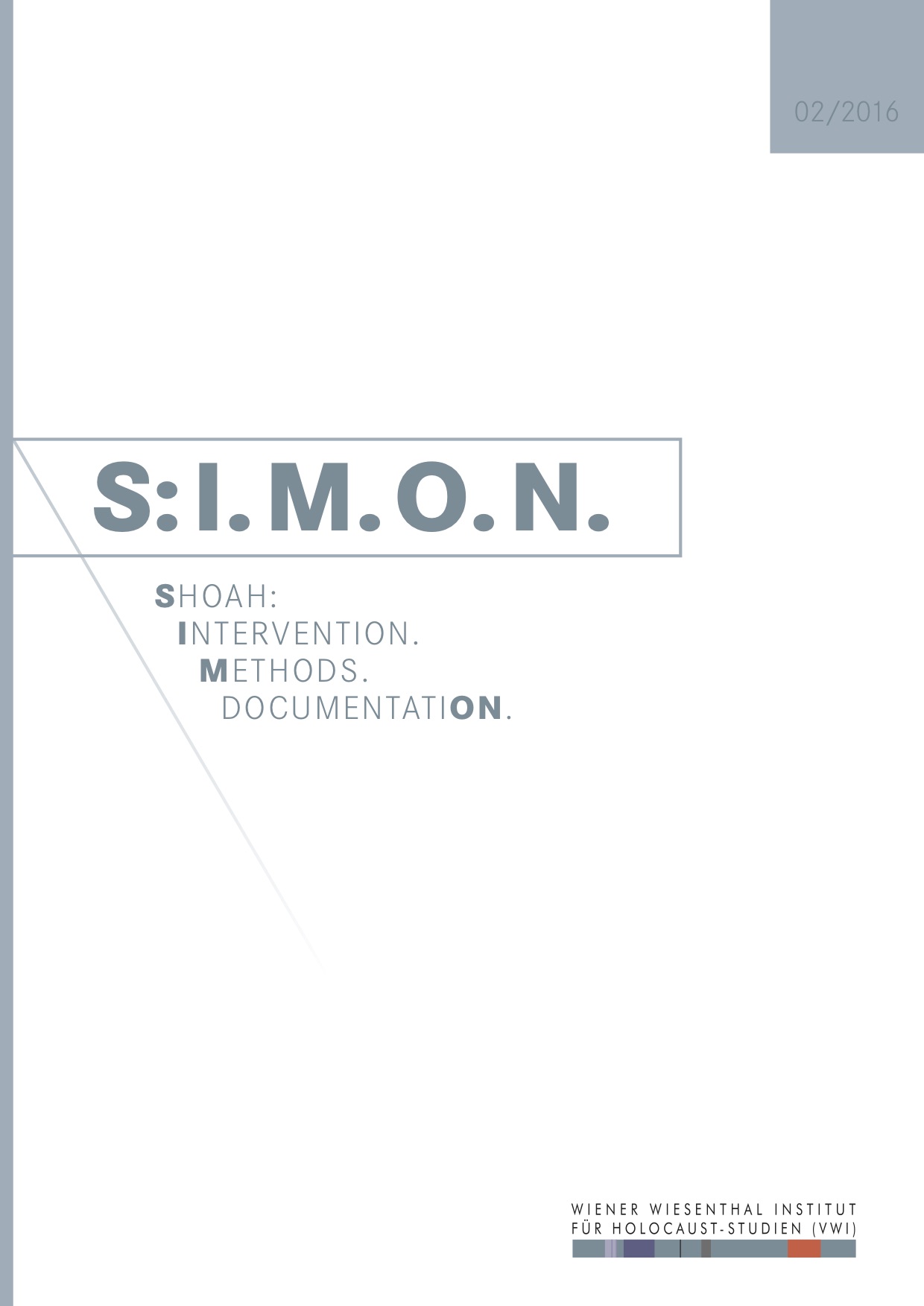The Microeconomics of State Antisemitism - Expropriating the Jews under Bulgarian Rule, 1941–1944
The Microeconomics of State Antisemitism - Expropriating the Jews under Bulgarian Rule, 1941–1944
Author(s): Roumen AvramovSubject(s): Jewish studies, Micro-Economics, Recent History (1900 till today), WW II and following years (1940 - 1949), History of the Holocaust, History of Antisemitism
Published by: Wiener Wiesenthal Institut für Holocaust-Studien
Keywords: Jews in Bulgaria; Treblinka; the economics of the Holocaust; social mobilisation; banalisation of antisemitism; role of the state;
Summary/Abstract: While the Jews inhabiting Bulgaria proper survived the Holocaust, the Jews from the Greek and Yugoslav lands administrated by the Bulgarian authorities in the years 1941 to 1944 were deported by those into German custody and murdered in Treblinka. The economics of this Holocaust story has attracted scant attention. The lecture draws evidence from the Bulgarian archives and addresses the Government’s spoliation policies carried out in the realm under its control. They nurtured behavioural patterns, mobilised social actors and fostered institutional networks. Reduced to its basic economic terms, the expropriation of the Jews boiled down to a forced offer of assets and personal belongings, which engendered strongly biased customer’s ‘markets’. This operation remapped segments of the economic tissue and further enhanced the role of the State through the arbitrary interventions of the Commissariat for the Jewish Affairs. In a broader perspective, the myriad of induced economic transactions contributed largely to the banalisation of antisemitism among different strata of the society.
Journal: S:I.M.O.N. Shoah: Intervention. Methods. Documentation.
- Issue Year: 3/2016
- Issue No: 2
- Page Range: 71-82
- Page Count: 12
- Language: English

